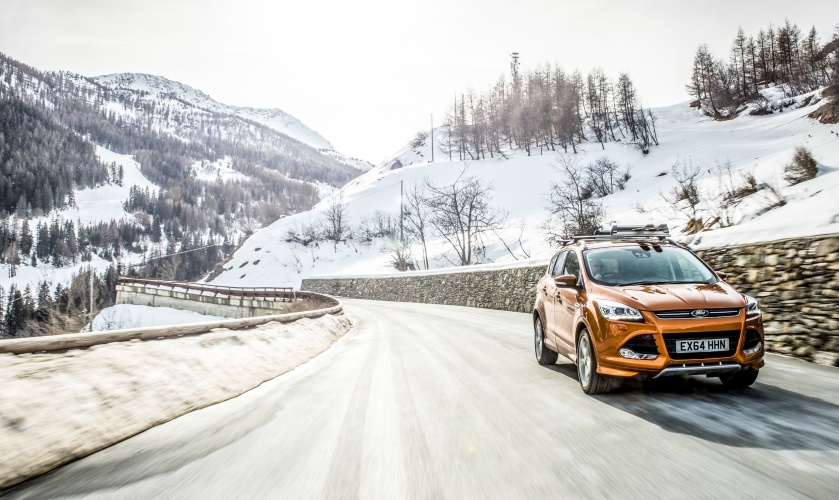We all hear the police and people on the radio and TV telling us not to drive unless it’s absolutely necessary, but what does that mean? Does it mean we stay at home and take time off work? Does it mean we should catch a bus, or perhaps a train, taking the risk that it will be delayed or postponed?
For most of us, our cars are our only option when looking at the daily commute. Hopefully, your employer wouldn’t expect you to put yourself at risk driving to work and if there is a way to avoid driving, such as working from home, it should be something you have a chat with your employer about. Ask your employer what they expect in these bad weather conditions and how they will react if you fail to turn up for work because you believed it was dangerous to travel. If driving is part of your job, clear advice should be given by your employer when driving conditions are potentially dangerous.
Here in the UK, whilst we don’t get these difficult conditions too often and then only usually for a few days, it seems to bring everything to a halt. In other countries, when it snows, they seem to carry on and that’s because they prepare, they don’t just pack up and stay at home.
Now whilst you can’t prepare for everyone else, you can do it for yourself and below are our tips to staying as safe as possible when your journey is “absolutely necessary”
- Make sure you car is prepared for winter motoring by either taking it to your local garage for a pre-winter check, or if you feel confident, carry it out yourself. Check your tyres regularly and make sure all of your lights are clean and working. Ensure you have a full screen washer bottle and that you’ve added an additive to help prevent your washers freezing up. Check that your wiper blades are in good condition that your wipers work properly. Get your garage to check you’ve got the right amount of anti-freeze in your cars cooling system.
- Listen to the weather forecast
- Tune into your local radio station and listen for traffic and travel reports
- Plan ahead, by leaving more time for cleaning the snow off your car and for what you already know, will be a much slower journey. Maybe leave earlier or perhaps later to avoid the rush hour traffic.
- Avoid minor roads that may not have been treated by planning a route to get you where you’re going safely, even if it’s entirely different to the route you take everyday in normal weather (remember to avoid routes with hills or steep gradients)
- Never drive unless you have good visibility through your car windows and that means, back, front and sides, it could cost you your life.
- Make yourself a winter kit to keep in the car, including a shovel, a brush, a torch and some de-icer
- Wear warm clothing and maybe keep a blanket in the car. Take some food or drink, take a fully charged mobile phone and a good book to read (just in case).
- Fuel, it may seem obvious, but during bad weather conditions, keep you’re fuel tank topped up, so if you were stuck, you could keep the engine running and keep yourself warm, remembering, that if your engine stops, so does your heater.
- Keep your distance from the car in front and think ahead the whole time, anticipating what others around you might do.
- Use all of your cars controls lightly, with a gentle touch, avoid sudden breaking, or rapid changes of direction. Drive a gear higher than you normally would and perhaps try pulling away in 2nd gear rather than 1st to avoid wheel spin.
- Don’t drive too close to the kerb side, as it’s difficult to see where it is when it’s covered in snow and so many crashes are caused by drivers hitting kerbs, leaving them stranded with a punctured tyre, or even broken suspension.
- Never drive in snowy or icy conditions unless you feel absolutely confident you have the abilities to do so.
Talk to your employer, ask their policy towards driving in dangerous conditions and if you are a company car driver, ask them what constitutes a “necessary journey” - Expect the unexpected!
Time is one of the critical factors, in helping you handle the difficult conditions. Allow more time for everything, get up early and allow time to properly clear the snow from your car and leave earlier allowing you to take more time over your journey “rushing in the snow, simply isn’t a good idea”.
How ever you drive, even with the utmost care, its more dangerous when the roads are covered with snow and ice, but it is possible in most cases to carry on with your life, its just that you need to keep your wits about you at all times, relax as much as possible and pay attention like you’ve never paid attention before!


